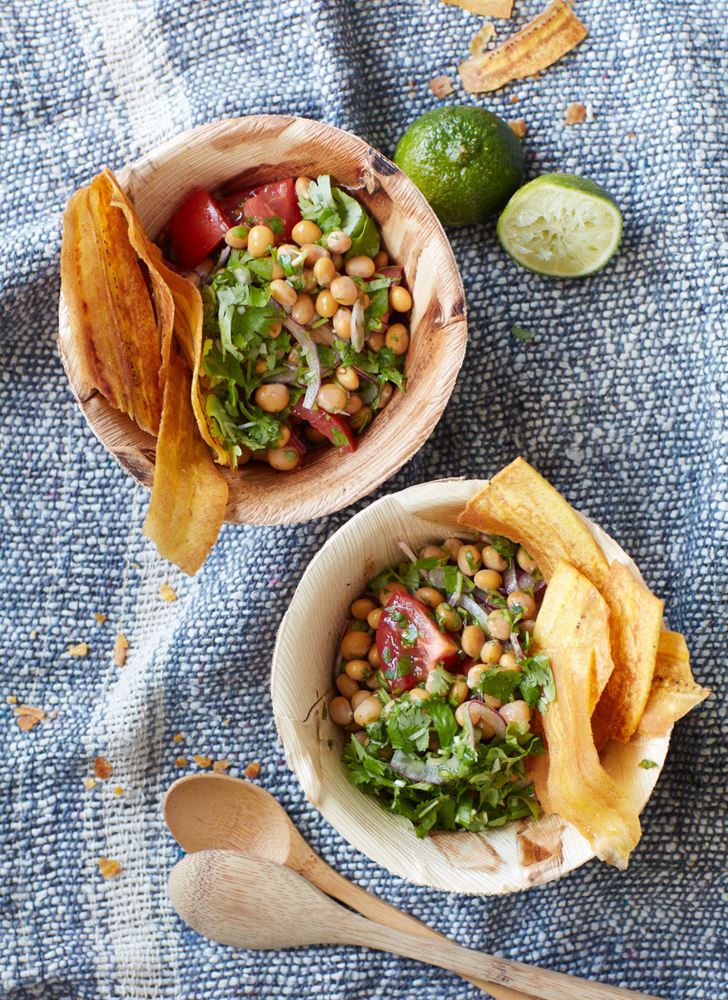The climate crisis is on everyone's lips – for very good reason. But lowering the carbon footprint of our meals is not the whole story of a more sustainable way of eating. There are other considerations as well – and that's where organic food production comes into view.
A holistic approach to sustainability
With organic ingredients, we address several different environmental concerns: We spare our agricultural lands, the nature surrounding it, and the groundwater from pesticides. We avoid artificial fertilizers which severely impact our local waters – a balance we have seen tip towards the abyss in recent years in Denmark. No least, organic principles ensure the highest standards of animal welfare.

Bangladesh is the only country more intensively farmed than Denmark. By choosing organic, we reduce the pressure on ecosystems and groundwater in our small country. For example, when we bake our bread using exclusively organic, locally grown flour we protect quite a lot of groundwater: For every kilo of organic flour, we spare 300 liters of groundwater from contamination with pesticides.
Is organic climate-friendly?
As a rule of thumb, the carbon footprint of organic versus conventional produce is comparable. However, some organic foods may have a bigger carbon footprint compared to their conventional counterparts. For example, when animals are free to roam, they use up more energy and they eat more. This increases their carbon footprint. In some cases, organic crops have a bigger footprint because the yield doesn’t quite match the yield in conventional agriculture. However, in some cases it can be the other way around, as some organic production is more energy efficient.
